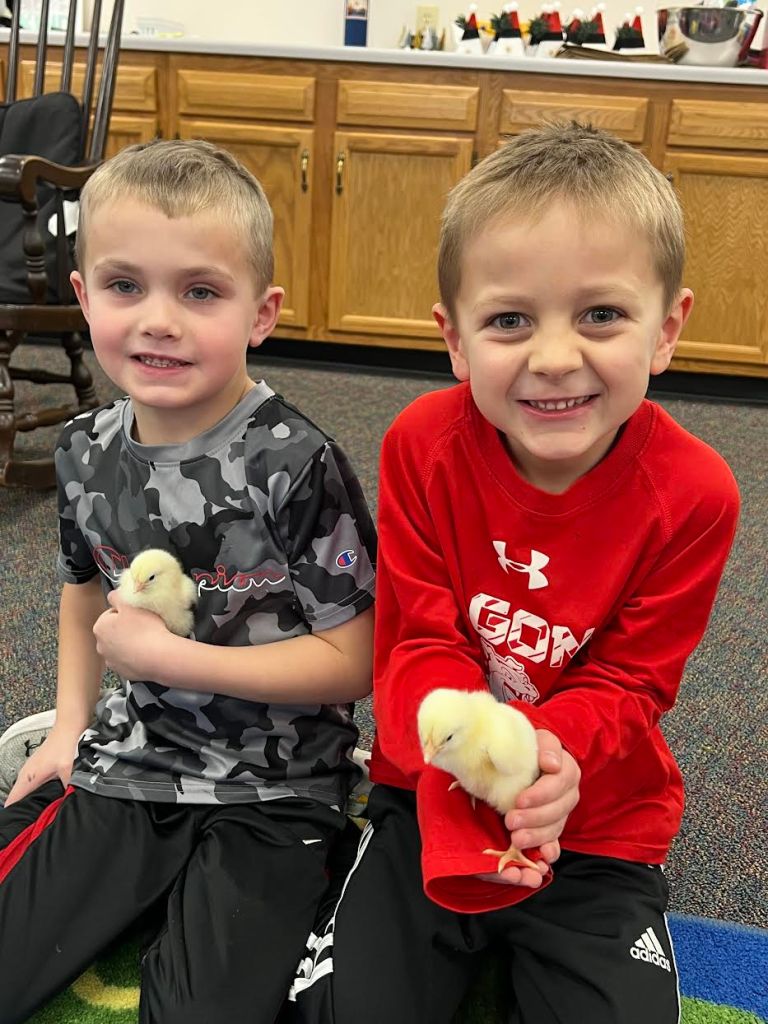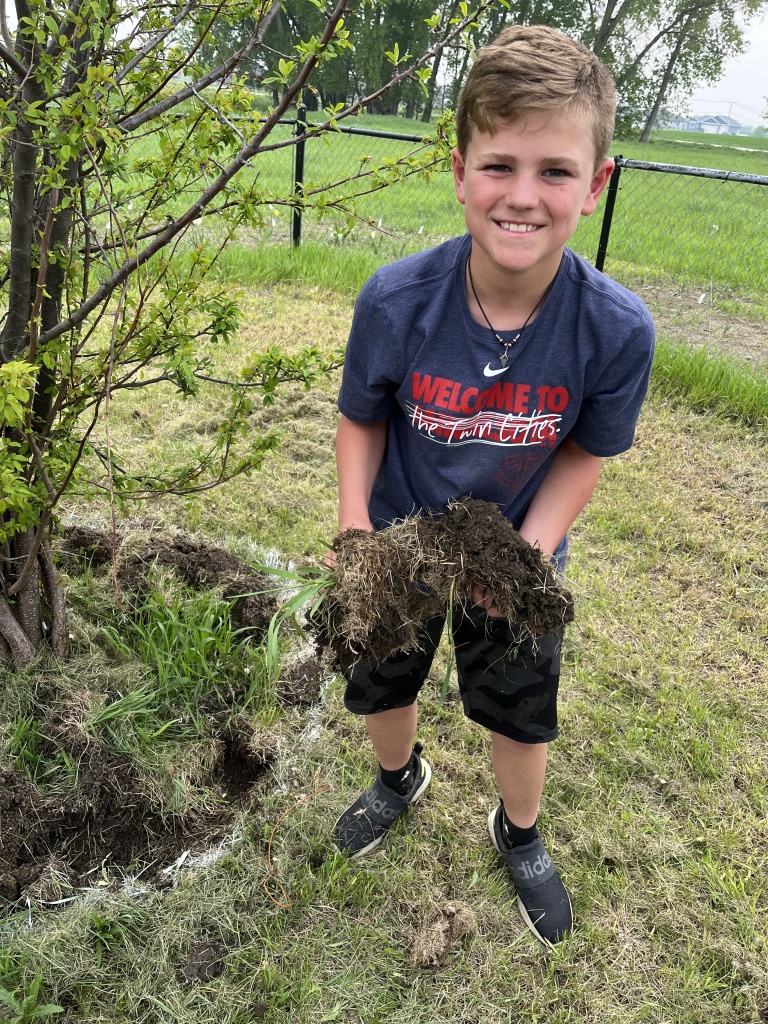In our rapidly evolving world, providing students with a foundational understanding of agriculture takes on a vital role. Beyond cultivating an appreciation for their food sources, agriculture literacy equips young minds with a diverse array of skills and provides...
In our rapidly evolving world, providing students with a foundational understanding of agriculture takes on a vital role. Beyond cultivating an appreciation for their food sources, agriculture literacy equips young minds with a diverse array of skills and provides a deeper connection to the environment and community that surrounds them. Agriculture is also one of the topics that students can easily connect to because they can apply concepts being learned. From the food we eat, clothes we wear, and even the fuel that powers the cars and busses we ride in, the resources for these materials come from plants and animals grown on the farm. Agriculture themes provide perfect real-world connections to STEM and make learning relevant to students.
Here are just a few reasons it’s important to teach agriculture literacy.
Food Awareness. Teaching students about agriculture helps them better understand where their food comes from, which fosters a deeper appreciation for the sources of their nutrition. Health and Nutrition. It connects students with fresh, locally grown produce and emphasizes the nutritional value of different foods. Interdisciplinary Learning. Agriculture involves elements of science, technology, engineering, math, social studies, and even art. Teaching it offers cross-disciplinary learning opportunities. Critical Thinking. Students can explore complex systems and challenges such as crop rotation, pest control, and soil health. Career Opportunities. It introduces students to potential career paths in farming, agribusiness, research, food science, and more, broadening their future prospects. Economic Impact. Agriculture is a significant contributor to the economy. Teaching students about it helps them grasp its importance in local and global economies. Problem Solving. Agricultural challenges like climate change, food security, and resource scarcity require innovative solutions. Teaching about agriculture encourages creative and problem-solving thinking and skills. Hands-on Learning. Agriculture education often involves practical, hands-on experiences like gardening, which can engage students in active learning and foster a sense of responsibility. Sustainability. It instills an understanding of sustainable farming practices, promoting responsible use of resources and conservation. Future Challenges. As the world faces challenges related to food production, and population growth (among others), informed citizens with agricultural knowledge can contribute to informed discussions and decisions.Want to connect your classroom to agriculture learning for the new school year? Here are a few ideas for the upcoming fall months to help tie-in to agriculture.
| Elementary | Middle School | High School | National Celebrations | |
| September | Honey Bees: A Pollination Simulation Eggs From Hen to Home Let’s Go Shopping | Flower Power Eggs on the menu Enlightened Concessions | Honey as a Biomolecule Photoperiod Phenomena My Agriculture Connections | Food Literacy Month Chicken Month Honey Month |
| October | Pork Production Then and Now From Farm to Lunch Tray PizzaThon | Iowa Hog Lift: International Diplomacy What’s for Lunch? FoodMASTERS Cheese | Pig Power: Creating Biogas and Renewable Energy A Search for the Source Enzymes and Bacteria are Whey Cool! | Pork Month Farm to School Month Pizza Month |
| November | It’s a MOO-stery! Exploring Aquaponics GobbleUp! | GobbleUp! FoodMASTERS: Fats and Oils Aeroponic Engineering & Vertical Farming | Blue’s the Clue: Souring Milk for Science GobbleUp! Urban Agriculture Innovation | Butter Day (17) STEM Day (8) Eat a Cranberry Day (23) |
Other Resources to Check Out
Be sure to also check out our 2023-2024 School Programs Calendar! It includes information and deadlines for our various teacher and student programs throughout the year.
Please reach out to anyone on the Iowa Agriculture Literacy Foundation team to learn more about how you can easily incorporate agriculture into your classroom or how you can fund agriculture in the classroom efforts throughout Iowa or locally.
~IALF Team









